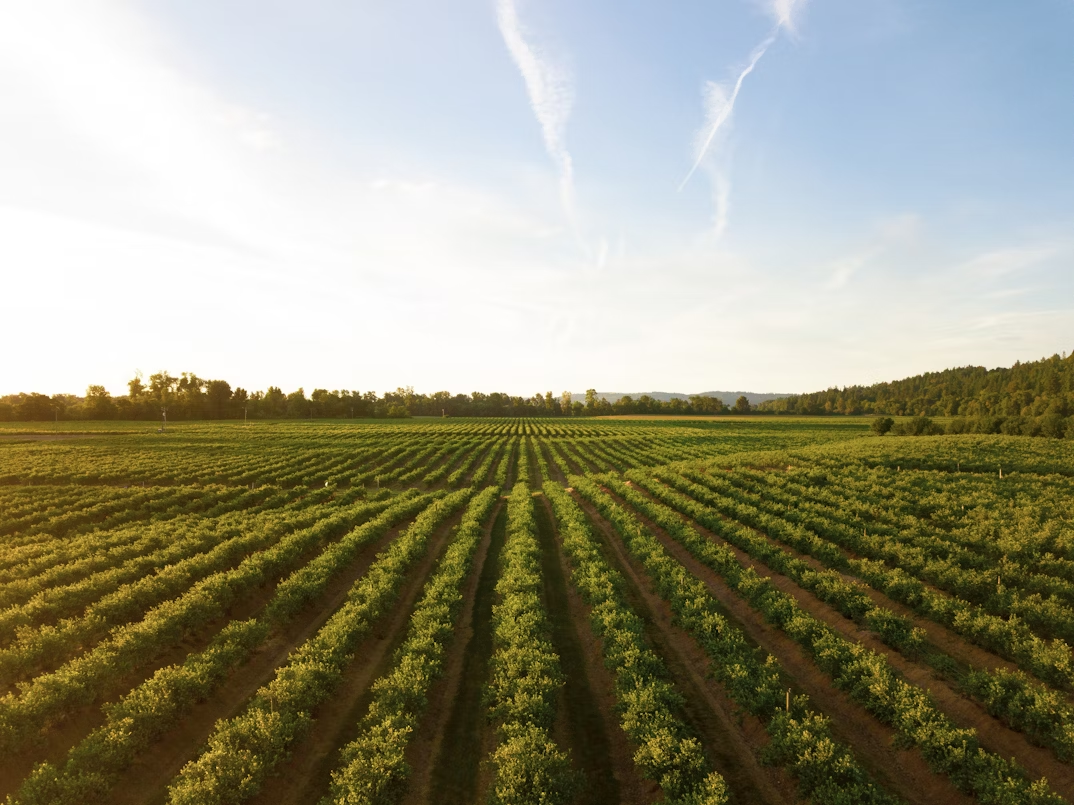
Revisiting the Agricultural Revolution: How Ancient Diets Hold Metabolic Secrets
When you flip open Sapiens, Yuval Noah Harari paints a picture of humanity’s huge turning point: the agricultural revolution. Roughly 12,000 years ago we went from wandering hunter–gatherers to settling down and farming wheat, rice, and corn. The shift fueled civilization, but it also tied us to grain‑heavy diets. Instead of wild game, fish, nuts, and greens, we started eating porridge and bread. Fast forward to today and our plates are still piled high with refined carbs—but our bodies may not have fully adapted.
Early humans who lived on meats, roots, seeds, and seasonal fruits enjoyed natural periods of feast and famine. They were lean, strong, and metabolically flexible. As soon as grain agriculture took over, our diets flipped to being carb‑dominant. Those carbs were broken down into glucose, spiking insulin repeatedly. Over thousands of years this shift likely contributed to a rise in chronic diseases we now see, from obesity and diabetes to heart disease and certain cancers. Our DNA evolved over millions of years, but our diet changed in a blink.
This perspective isn’t just history—it’s a blueprint for modern health. Gary Taubes and Thomas Seyfried have both argued that reducing carbs and stabilizing insulin can reverse metabolic dysfunction. Looking to our ancestors’ plates means prioritizing quality fats, proteins, and fiber and limiting processed grains and sugars. When you do that, you support mitochondrial health, stabilize blood sugar, and encourage your body to burn fat for fuel.
It doesn’t mean giving up bread forever. It means rethinking what “normal” looks like. Swap sugary breakfast cereal for eggs and avocado. Reach for nuts and berries instead of chips. Cook with olive oil and ghee instead of vegetable oils. Learn how your body feels on fewer carbs and discover which ancestral foods energize you. The point is to align your diet with the blueprint that shaped our physiology.
Gen Z is at a crossroads: we’re the first generation to inherit both global tech and global health crises. Revisiting the agricultural revolution gives us context and choices. It shows us that we’re not doomed by our genes but influenced by our environment. By blending modern science with ancestral wisdom—low-carb, high-fat eating, intermittent fasting, and mindful movement—we can chart a different path forward.